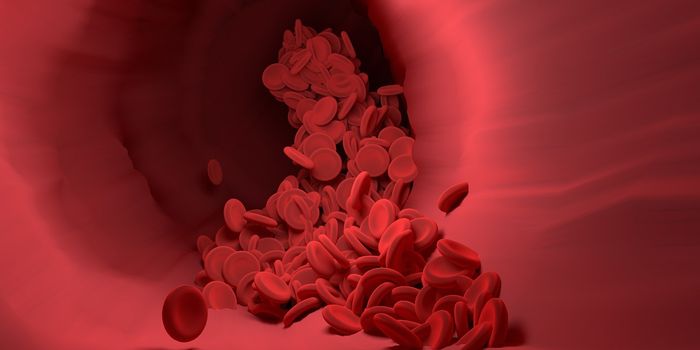Why is plant protein better for your heart than meat protein?
The key to understanding heart health incorporates more than just measuring and evaluating dietary fat. A new study from the Loma Linda University Adventist Health Sciences Center, involving more than 81,000 participants, shows that the type of protein people eat matters too.
By comparing people who ate large amounts of meat protein with people who ate large amounts of nut and seed protein, researchers found that meat protein is not so good for the heart, and nut and seed protein is beneficial. Specifically they found that meat-eaters had a 60 percent increase in heart disease and nut/seed eaters experienced a 40 percent reduction in heart disease. Not only is nut and seed protein not harmful, it’s helpful.
Researchers from the present study stress that people have to consider more than just “bad fats” in meats and other products and “good fats” in nuts and seeds. The types of proteins in each food source also makes a significant impact on heart health.
Protein is an important dietary source because the body doesn’t store it, and people need it every day. The main difference between animal and plant proteins are the types of amino acids that act as the building blocks for proteins. For example, plant sources of protein often contain low levels of amino acids like methionine, tryptophan, lysine, and isoleucine.
In their study, researchers employed a unique approach. They compared heart health outcomes between consumption of meat protein versus nut/seed protein instead of just meat protein versus plant protein.
"This research is suggesting there is more heterogeneity than just the binary categorization of plant protein or animal protein," explained co-principal investigator Gary Fraser, MB ChB, PhD.
Questions for future investigations include: Which amino acids in meat proteins are responsible for the sharp increase in risk of heart disease? Do proteins from particular sources affect heart disease risk by impacting cardiac risk factors like blood lipids, blood pressure, and being overweight?
"While dietary fats are part of the story in affecting risk of cardiovascular disease, proteins may also have important and largely overlooked independent effects on risk," Fraser explained.
In the United States, more than 600,000 people die every year of heart disease, making it the leading cause of death for both men and women.
The present study was published in the International Journal of Epidemiology.
Sources: Healthline, Centers for Disease Control and Prevention, Loma Linda University Adventist Health Sciences Center









